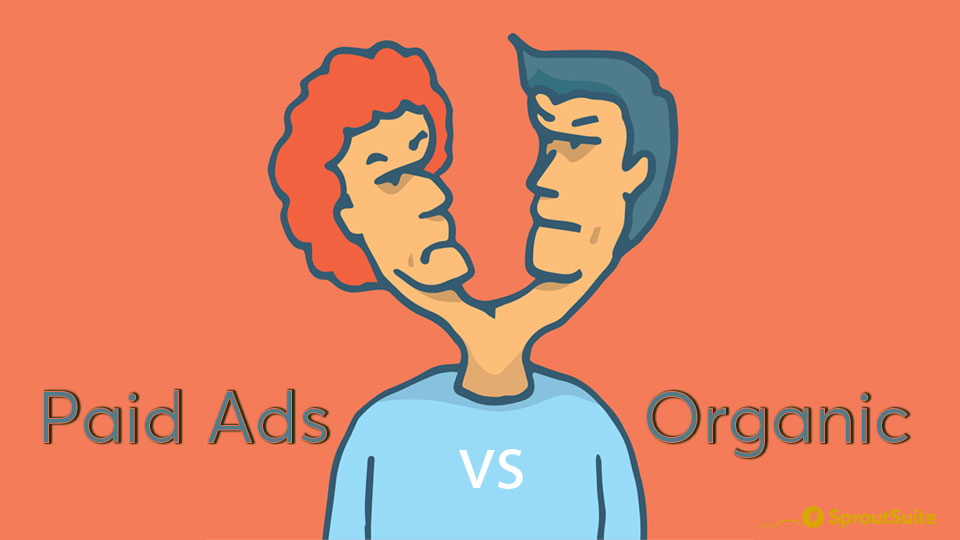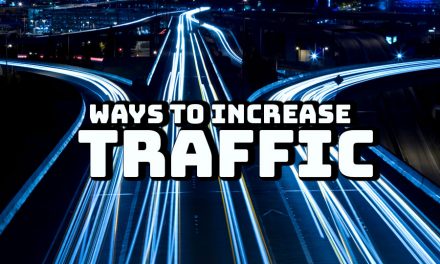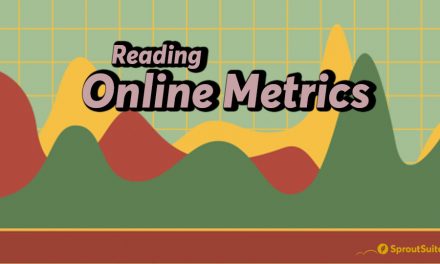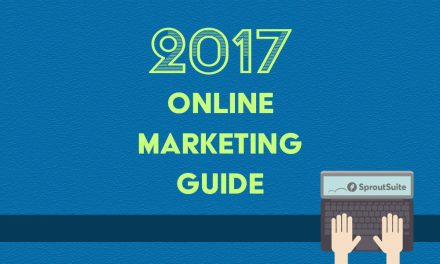Should I do either one or the other? Or should I do both, organic and paid?
My answer is: each case is different but usually recommend doing both.
Wow, that helps a lot, dude!?
Ok, ok. Let me give you some examples and you’ll see what I mean.
Since 2003 I’ve seen all types of accounts and can say that the two methods of getting traffic are totally valid.
The Company’s Online Marketing Goals and Budget
When I surf around I notice all types of marketing strategies. I love looking at those things.
Some companies will very successfully use informational and educational videos to attract traffic. Others will have a weekly podcast and a Facebook group working together to create a powerhouse.
And some will mainly focus on creating ads.
Some will publish regular blog posts on their site providing tips and news, then linking to them from social media sites.
And some will mainly focus on creating amazing ad campaigns.
And of course, some will do both very successfully, granted that they have the budget and time.
Brands, Businesses and Content
I must usually recommend publishing quality content and scattering it around the net. Who knows what people are going to be searching when wanting to know more about your brand? The creation of content includes videos, articles, images and podcasts, to name a few. Any decent size brand needs content. If content is not written by the brand itself, others will. Either competitors, clients or review sites will start talking about it on video or in articles.
And don’t think this doesn’t apply to a local business because it does.
And though what I’m mentioning above here about content seems obvious in this day and age, there are still some companies that are not taking action in that direction.
In the world of paid ads, for example, the concept of landing pages is quite important. A landing page is content. What you create and place on that page is content. Still true in this case, content, strategically planned, optimized and published, is the lifeblood of online marketing. Even when you decide to focus on paying for ads.
Speed of Online Marketing Results
Is one route faster than the other?
Technically speaking today I could build you a site, create some ads and get you a sale right away. It’s usually harder to do this organically, especially today.
On the other hand, when you have a page on your site that Google likes and it is driving a bunch of free visits every day, I’d say we’re gaining some momentum, some speed. Though it may take a few months or a year to get there, you are still building up momentum.
So it really depends what kind of speed we’re referring to because the moment you stop paying for ads, you have lost that speed.
The Power of Paid Ads
The paid ads technology allows us for some magnificent tracking and metrics, hence our paid campaigns can be more efficient than ever. The dollar we spend in ads can be easily tracked, analyzed and optimized. And all of this can be done real fast.
Here’s a few tips I have found work well for my customers:
- Test paid ads for more than a few days, for more than a few weeks. Actually I recommend testing paid ads for a minimum of 3 months.
- A few days of paid ads is not enough to test and gather enough data. One could easily be mislead and decide too soon to stop paying for ads.
- After tweaking and adjusting the ads, it usually takes over a month to start seeing consistency and achieving prediction with advertising.
- Before giving up on advertising, I recommend doing more investigation on why it may have not worked for you and keep testing a little longer.
- Conversion rate on paid ads will increase when your landing page’s content has been optimized for the sale. The content optimization is done with testing. This can be done by testing different versions of the landing page. To obtain a valid test you need sufficient traffic and depending on the traffic volume it may take several weeks before completing a test successfully.
- Once a test is conclusive, we have a winning version. Then guess what? Now we need to continue the ads using that winning version. And you have to continue to run ads on the winning version to continue to see the results.
- Even if you are not sold on running ads, I recommend running some for a while anyway simply with data collection in mind. When running ads we usually harvest a lot of data about our traffic that we may have not gotten otherwise. And again, run them long enough to get a good idea of the validity of the data.
One conclusion we can make from this is to not pay for ads long enough.
For those customers who get their sales from different methods (word-of-mouth, organically, offline), I will often tell them to run some ads and to keep a monthly budget for ads. By continuing to run ads we discover what works and doesn’t, and this may take several months. Facebook and Google ads can be extremely powerful when they are properly optimized. So keep a monthly budget for your ads. As you start seeing results that budget may increase. But you have to give yourself a chance to get there and that may take a little time.
The Power of Organic
Just as we have tremendous potential with paid ads, so do we with organic.
Is the science of organic as precise as paid ads? That’s a big question. Or minimally should we ask, do we have as much control over our online marketing with organic content?
Though the obvious, immediate answer seems to be no, I’ll give you my take on this.
Let’s take Google. It’s an independently own company, with its own engineers and its own goals. What they do with the organic ranking algorithm is really up to them to a large degree. How do you know that your beautiful, newly created page on “bird cages” will rank well and be found? Exactly. We don’t seem to really know right.
But is it only gambling? And that’s a clear no.
Fourteen years of publishing content online tells me that there’s a lot of control that can be exerted causatively and predictably in organic. But frankly must say that it is not as straight forward as knowing the technology of paid ads.
But, the goals of this article is not to cover the technology of how to do online organic marketing. Rather, it is simply to coax you into doing it!
I want to give you another example. Let’s take Facebook this time. Have you ever seen a Facebook ad anywhere outside of Facebook? Probably not. Facebook did all of their marketing organically. And the content was produced by the users, about that! So here, we go beyond counting upon search engines for traffic and we are looking at exploring different platforms organically.
Here’s what I’ve never been preaching: pouring poor quality content on the web. So yes, create content and publish it on your site, publishing it on your video channel, and make it good. You are not doing yourself a favor when publishing low grade content. No favor, nor benefit.
Today, loads of content is published on social media sites. Even though that content is not on your website, it of course counts as content.
So, just as I usually recommend having a budget for ads, I usually also recommend doing the same with creating original content. Keep a monthly budget for content. Whether it be for articles, videos or podcasts. Set yourself a yearly goal and work at making it.
So, what route is best?
If you read that far, you probably got my point. Though each company has it’s own world of ramifications and uniqueness, I almost always recommend doing both.
Start with the organic route if you are really low on cash and can’t afford ads. Then save up for some ads.
If you have any kind of cash, start some ads now.
When starting your ads, I recommend having a monthly budget that you can keep for several months.
And by the way, the same goes for content. I recommend having a monthly budget for the production of new content.
As you work with both methods, paid and organic, you will start discovering what is bringing in the best results. And most often, it will be an elegant combination of both.
🙂
Patrick





